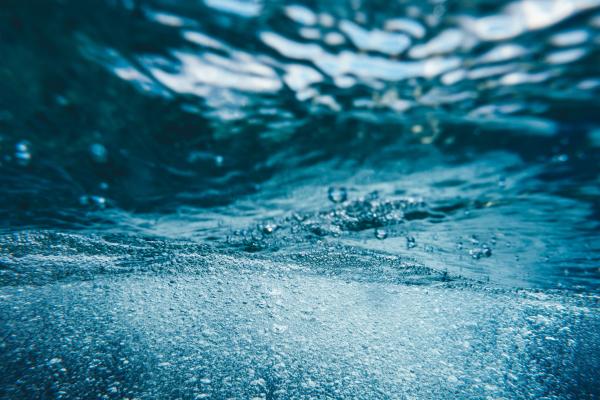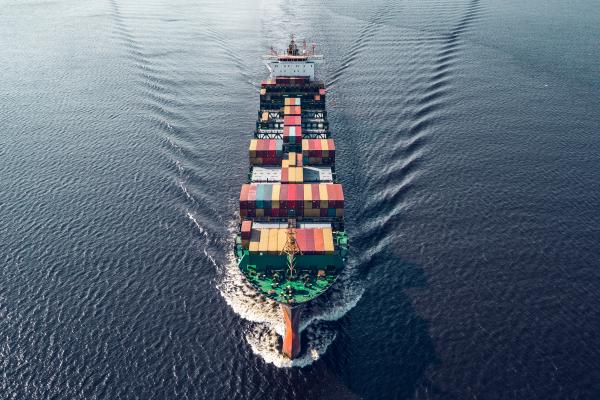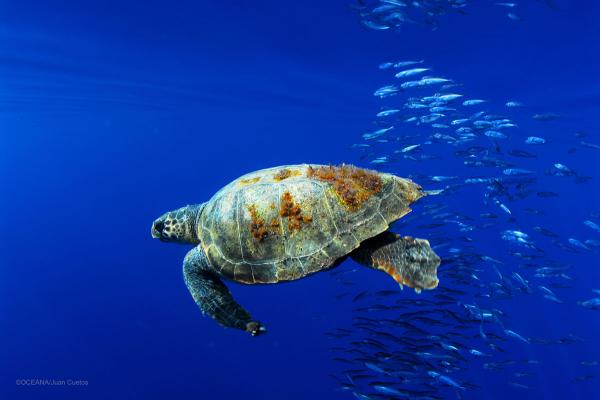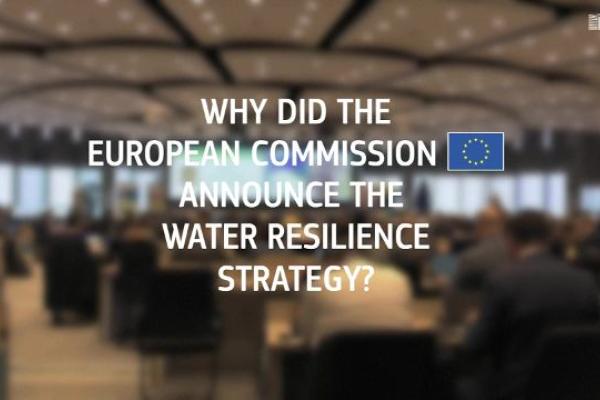Overview
Clean water is the driving force of life. It is an essential resource for people and nature, and for regulating the climate. It is also crucial for the economy, agriculture and energy production.
Water faces many pressures, including pollution from industrial chemicals, pesticides, nutrients and pharmaceuticals, and climate change.
Floods, droughts, forest fires, pollution, and poor water management are costing lives, threatening food supplies, and disrupting economies and transport networks. Water resilience is therefore a matter of EU security and crisis preparedness.
The Water Framework Directive provides the main foundation for water policy in Europe, setting rules that protect water resources, fresh and saltwater ecosystems, and ensure our drinking and bathing water is clean.
The 2025 European Water Resilience Strategy aims to combat water scarcity, improve water management, expand clean water access, drive innovation, and restore the broken water cycle. This will protect communities and our precious biodiversity, but also strengthen the EU’s economy.
Objectives
The EU’s main aim is to ensure that all Europeans have access to good quality and sufficient water, and to guarantee the good status of all water bodies across the continent. EU rules aim to ensure that water is managed sustainably in the long-term, water pollution is reduced, and aquatic ecosystems are protected.
European Water Resilience Strategy
The 2025 Water Resilience Strategy focuses on three objectives:
Restore and protect the water cycle as the basis for water supply, from source to sea. Effective implementation of the existing EU framework is key, including the Water Framework Directive, the Flood Management Directive, and the Nature Restoration Regulation. Further efforts are needed to protect resources, boost sustainability, improve water retention on land, and tackle pollutants in drinking water.
Build a water-smart economy to boost competitiveness, attract investment and promote the EU’s water industry: Improve water efficiency and sustainable water management. The Recommendation on Water Efficiency First provides guiding principles to reduce water consumption and sets an EU-wide goal to improve water efficiency by 2030.
Secure clean and affordable water and sanitation for all, and empower consumers for water resilience: Access to safe drinking water and sanitation is a human right. Support is needed to bring clean water and sanitation to some regions and vulnerable groups, and improve water treatment to remove dangerous pollution, pathogens and diseases.
Learn more:
European Water Resilience Strategy Factsheet
For more information on water issues in each Member State, find our country-specific factsheets here.
Specific policies
EU rules to ensure clean and high-quality bathing water across Europe
Improving access to drinking water for all
EU measures to manage flood risk and the risks floods pose to human health and the environment.
EU action to ensure good quantity and quality of groundwater.
EU action to protect Europe’s coasts, seas and oceans.
Protecting waters against pollution caused by nitrates from agricultural sources
EU rules protecting surface waters from chemical pollution.
EU rules to ensure that urban wastewater is properly dealt with.
Managing water resources more efficiently and facilitating water reuse in the EU
Preventing and mitigating water scarcity and droughts in the EU
It is essential to sustain the political momentum of the UN 2023 Water Conference, to accelerate actions for clean water and sanitation for all by 2030.
Actions
See how EU countries implement the Water Framework Directive.
Bringing together experts in different policy areas to mainstream the zero-pollution agenda.
Join the EU campaign to see water differently. From 29 May, dive into the #WaterWiseEU campaign.
Tools and instruments
Discover the latest data and information on European fresh and marine waters.
Visit EUROSTAT for statistics on water quality and use in the EU.
Related links
Main laws: Water Framework Directive, Floods Directive, Urban Waste Water Treatment Directive, Drinking Water Directive, Bathing Water Directive, Marine Strategy Framework Directive, Nitrates Directive
Related topics: Industrial emissions, Marine and coastal environment
Related strategies: Biodiversity strategy for 2030, Circular economy action plan, Zero pollution action plan
Related Commissions priorities: European Green Deal
Contact
For questions about EU environmental policy, please contact Europe Direct.






